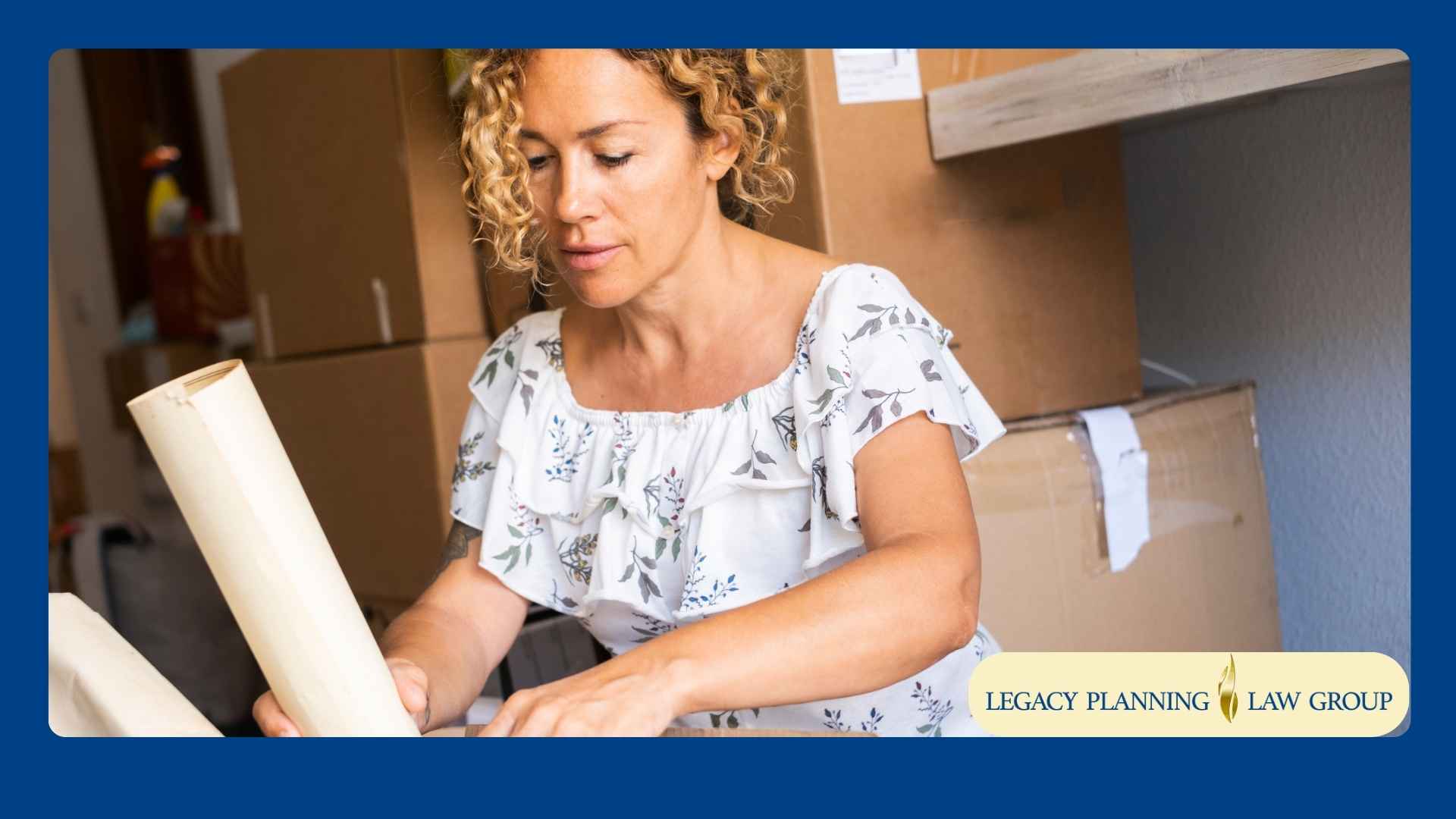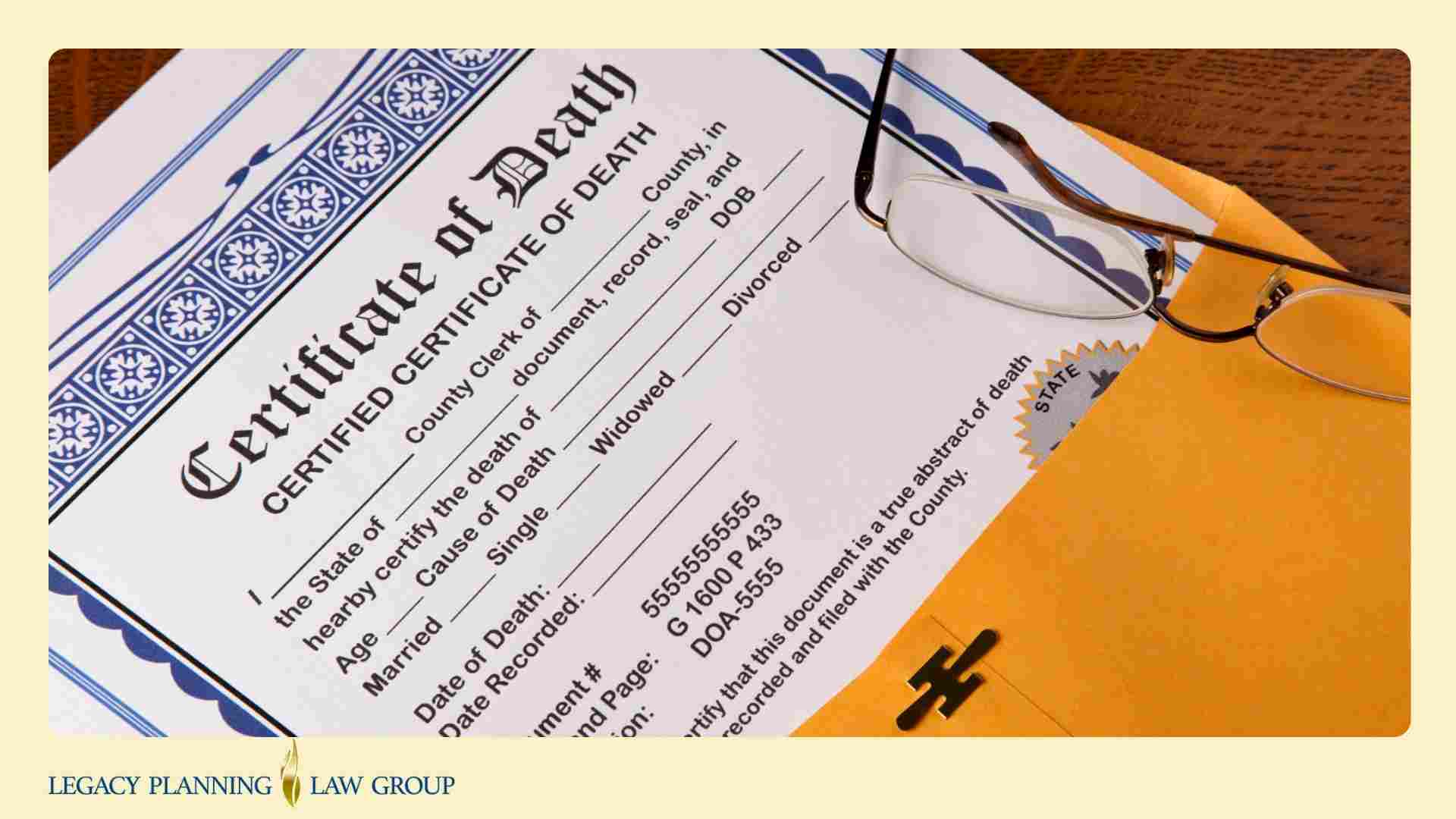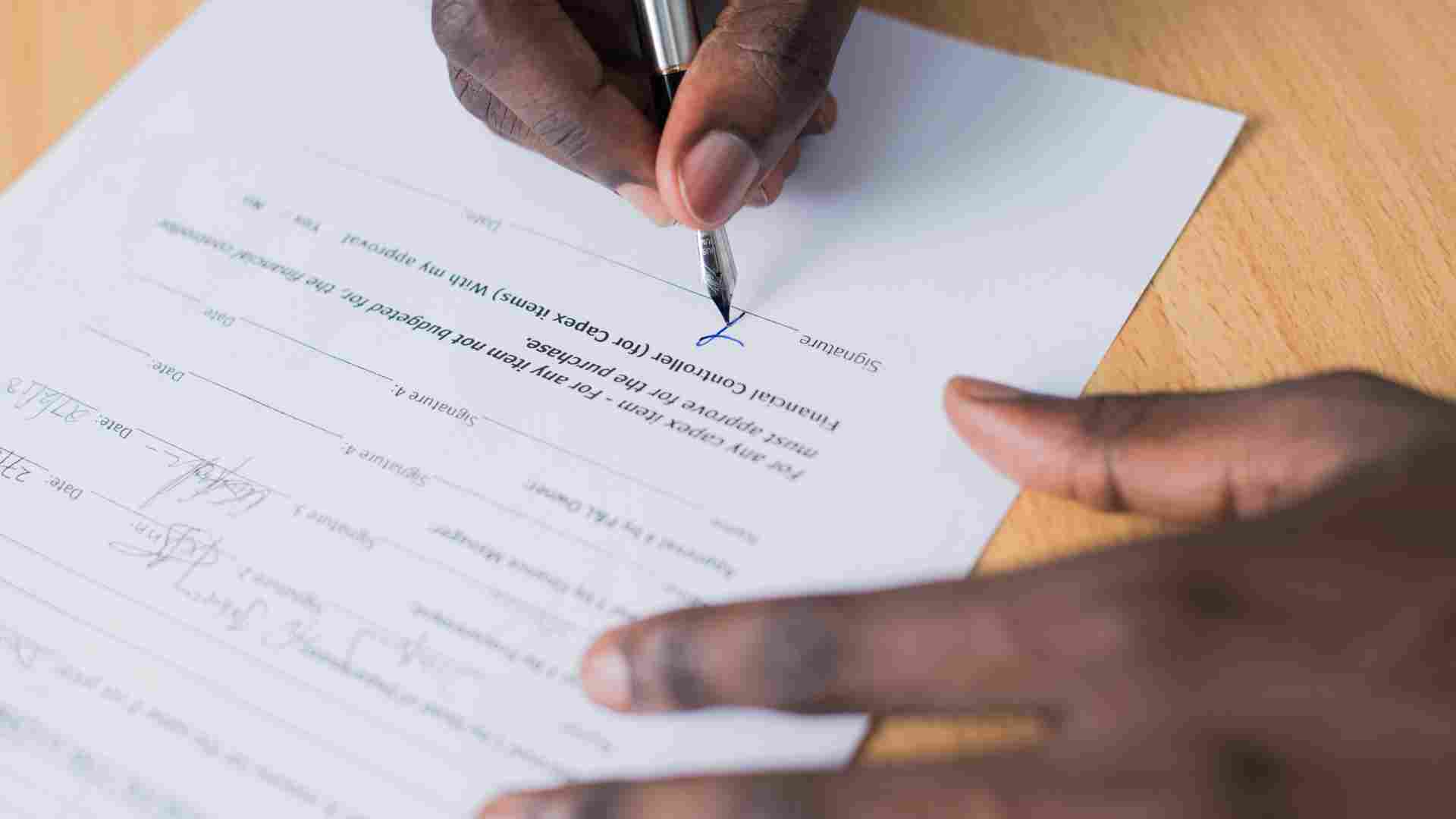Even with a surviving spouse, probate may still be required—especially if assets are solely in the deceased’s name. Learn the key differences between wills and trusts, and how a revocable trust can help families in Jacksonville avoid probate and protect their loved ones.

If you’ve been named the executor of an estate, it’s important to understand the full scope of responsibilities that come with the role. Being an executor is not just a title but a serious commitment to carrying out a loved one’s final wishes while adhering to legal and ethical obligations. It can be a complex and emotionally taxing role, especially for someone doing it for the first time. According to the article “Grief, Then Paperwork: The Messy, Thankless Job of an Estate Executor” from The Wall Street Journal, executors had no idea they were being given the job or what they needed to do. This article outlines essential steps for first-time executors, particularly those in Jacksonville, Florida.
In his video, “15 Tips For Executors and Trustees,” Probate Lawyer Bill O’Leary shares his insights about how to manage these important roles. Many of the executor responsibilities outlined in this article match those of a trustee. Read more in our article, What are the Responsibilities of a Trustee?
What Does an Executor Do?
The role of an executor is fiduciary in nature, meaning you are legally bound to act in the best interests of the estate’s beneficiaries. According to the will (if one exists), you must follow the decedent’s wishes. If there is no will, you’ll need to follow Florida’s probate laws. Either way, you’ll be accountable to the probate court.
You must ensure the estate’s assets are properly managed, debts are paid, and the remaining property is distributed according to the will or Florida’s intestate succession laws. Executors who act improperly—such as engaging in self-dealing—can face legal consequences.
Legal Documents an Executor Must Organize
One of the first things you should do as an executor is to gather important documents. This includes the will, insurance policies, financial statements, and any other records relevant to the estate. More and more people are storing important information online, so it’s critical to gain access to digital assets, including passwords to bank accounts or cloud storage.
Being organized is key to succeeding in your role. It’s advisable to keep detailed records and be prepared to produce them for the probate court and beneficiaries.
Avoiding Self-Dealing
As a fiduciary, it’s crucial to avoid self-dealing. This means not using estate assets for personal gain. Florida law is clear on this: executors must act in the estate’s and the beneficiaries’ best interests. If there are concerns about potential conflicts, consider hiring an attorney or financial advisor to help you stay within legal guidelines.
What Responsibilities Do Executors Have in Relation to Beneficiaries or Heirs?
Open communication with beneficiaries is essential. Family tensions can flare up if people feel left out or uncertain about the process. By being transparent and keeping everyone informed, you reduce the risk of disputes. In fact, many clients who’ve worked with Legacy Planning Law Group emphasize how transparency eased the process during an otherwise emotional time.
When Do Heirs Receive Their Inheritance?
Beneficiaries might feel anxious about when they will receive their share of the estate. Resist the temptation to rush the process, as doing so could leave you vulnerable to liability if an unforeseen creditor emerges.
Before you can distribute the estate to beneficiaries, you’ll need to settle all outstanding debts and taxes of the estate. As an executor, you are responsible for identifying creditors and ensuring they are paid from the estate. In Florida, known and unknown creditors have legal rights and must be notified as part of the probate process.
You’ll also need to obtain a tax identification number for the estate and file final income tax returns on behalf of the decedent. Jacksonville executors should be aware of Florida-specific tax rules, such as the lack of a state-level inheritance tax.
Valuation and Distribution of Assets
After paying off debts, the next step is valuing the remaining assets. This can include real estate, investments, and personal belongings. Assets will need to be appraised to determine their fair market value, which is crucial for distribution.
It’s natural to want to wrap things up quickly, but rushing through the estate settlement process can create more problems than it solves. Take your time to ensure all legal obligations are met, and don’t distribute assets until you are confident that all debts have been paid.
Seek the Professional Advice of a Jacksonville Probate Attorney
Being an executor doesn’t mean you have to do everything alone. Hiring a Jacksonville probate attorney can help simplify the legal aspects of estate administration. An attorney can guide you through the complexities of Florida’s probate court and help you avoid mistakes that could lead to delays or legal disputes. Many first-time executors benefit from working with other professionals like accountants or financial advisors, who can assist with asset management, tax preparation, and creditor negotiations. This is especially important for large or complex estates.
In addition, the best time to prepare as a first-time executor is during the planning process before the estate owner has passed away. Executors who aren’t prepared for what’s coming are often exhausted and resentful when a mess has been left for them to clean up. A better legacy to leave is one where everything’s taken care of, including a will, trusts if appropriate, and clear conversations with the executor and family members.
Get Started with a Trusted Estate Administration Team
Feeling overwhelmed? Legacy Planning Law Group is here to help. Whether you need guidance on estate administration or help drafting legal documents, we’re committed to making the probate process as smooth as possible for our clients in Jacksonville. Our knowledgeable team can answer your questions and help you avoid costly mistakes.
Reference: The Wall Street Journal (June 29, 2024) “Grief, Then Paperwork: The Messy, Thankless Job of an Estate Executor”



